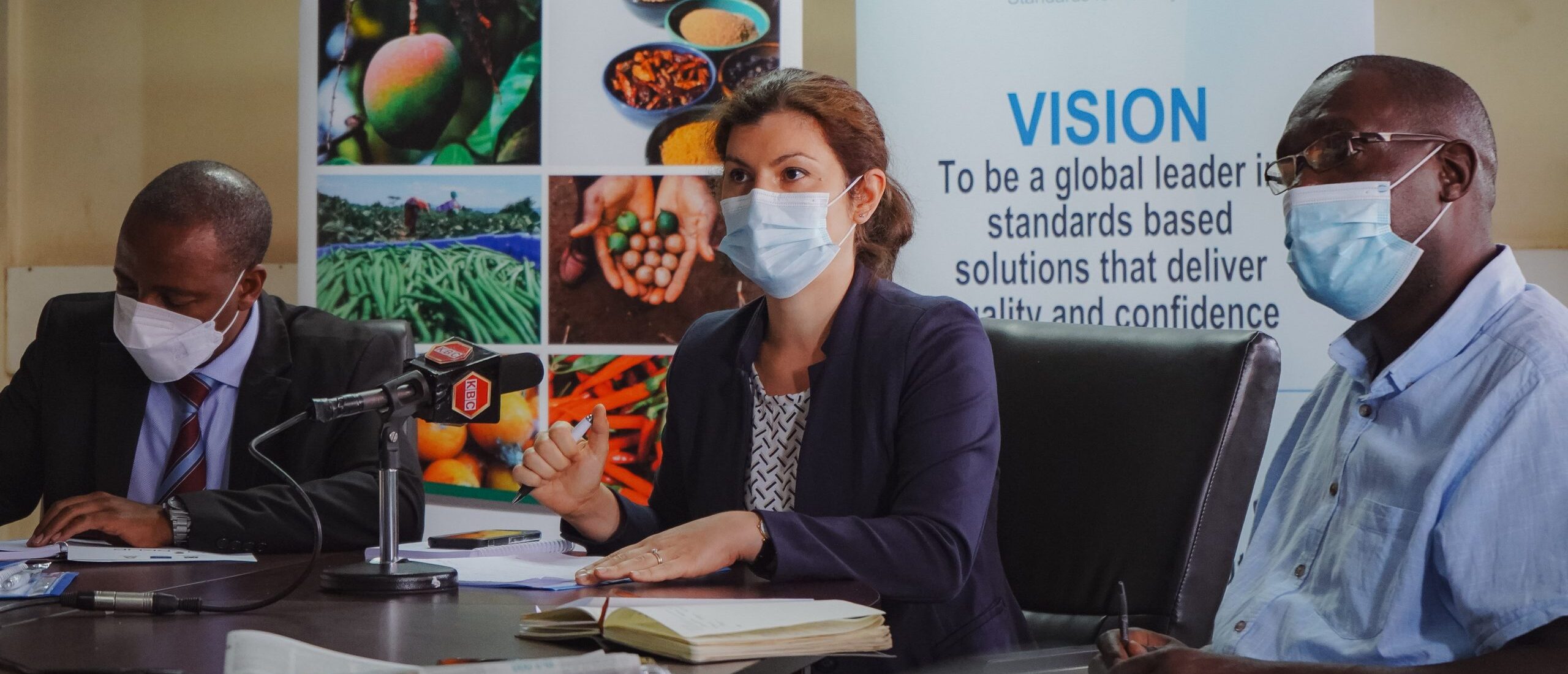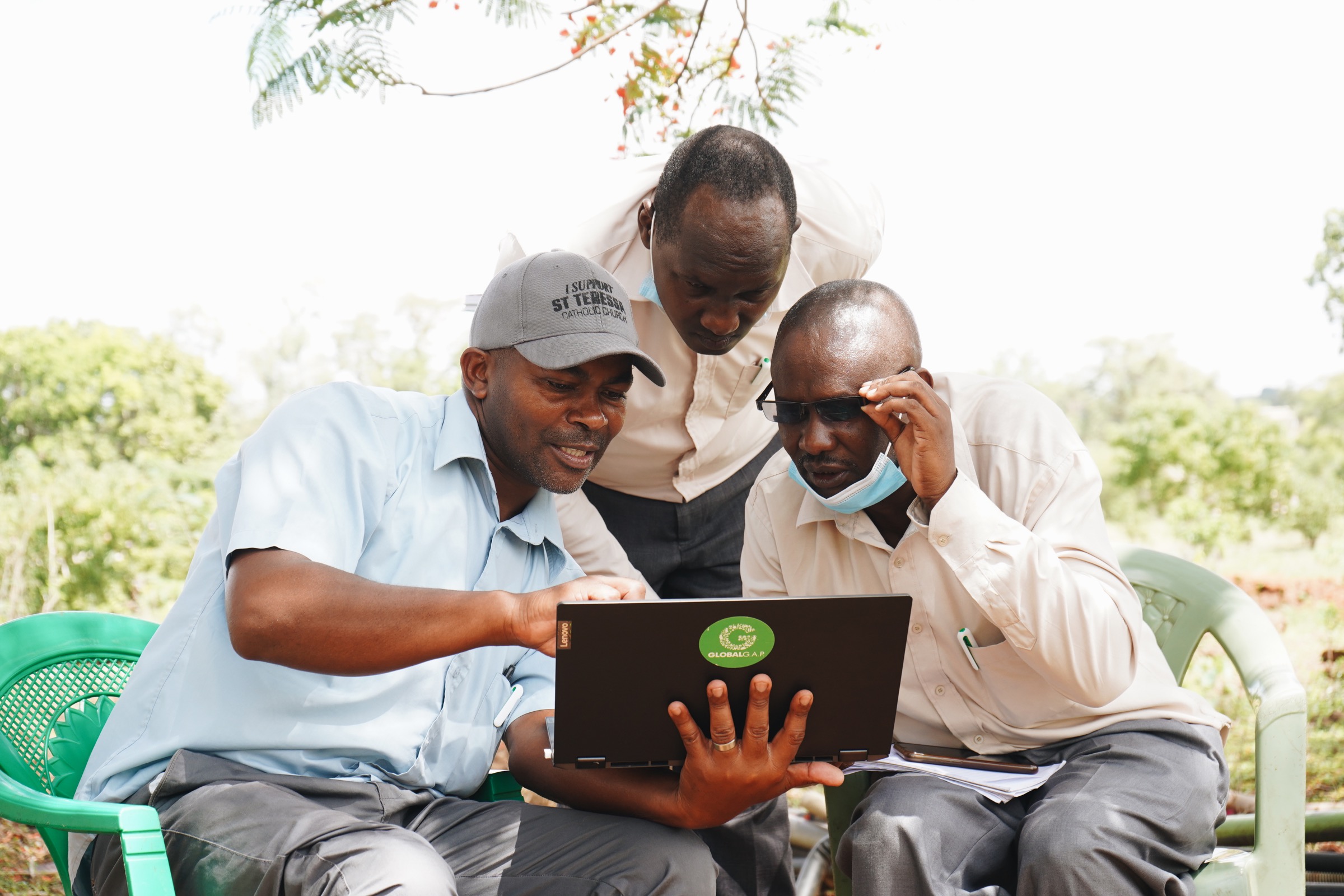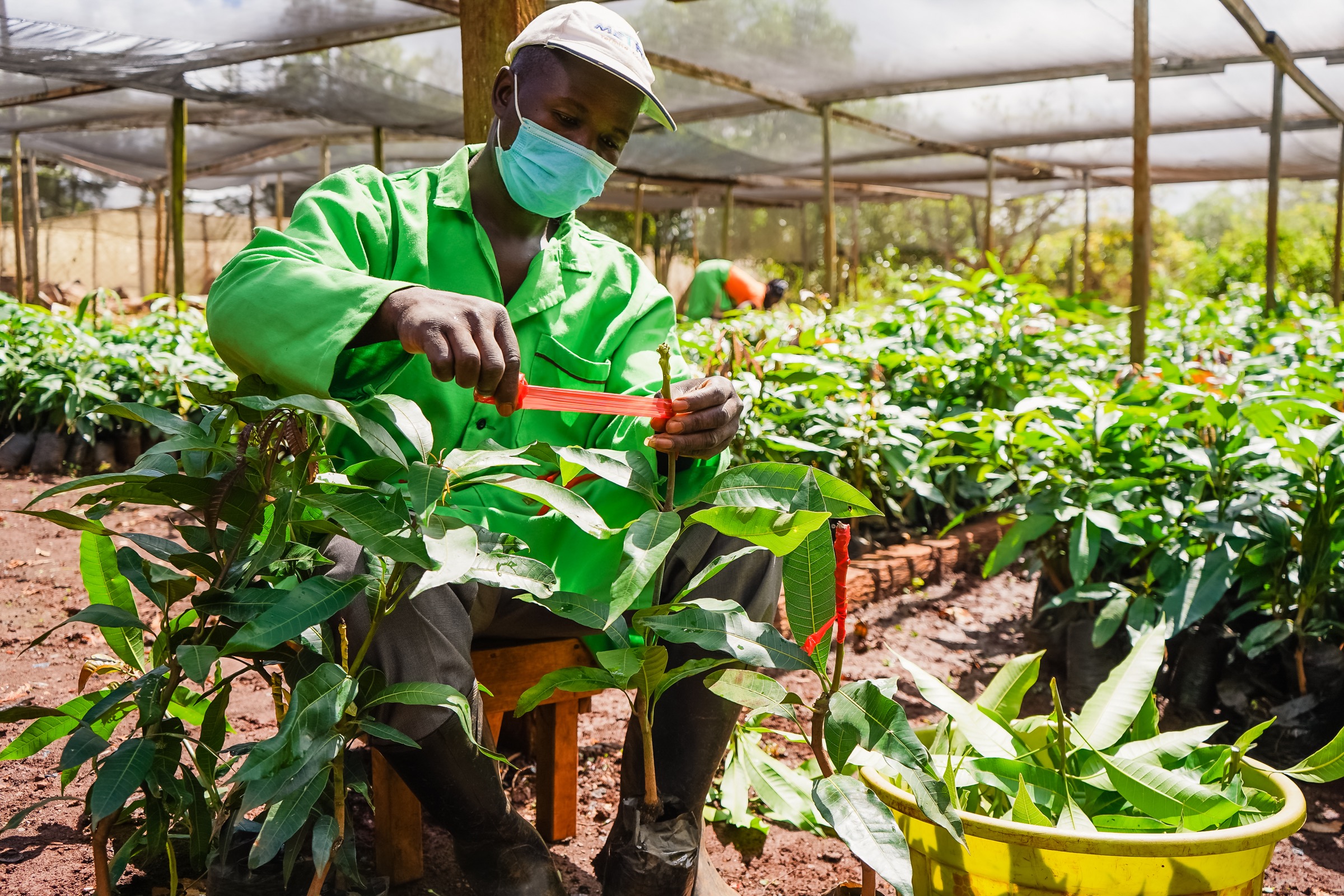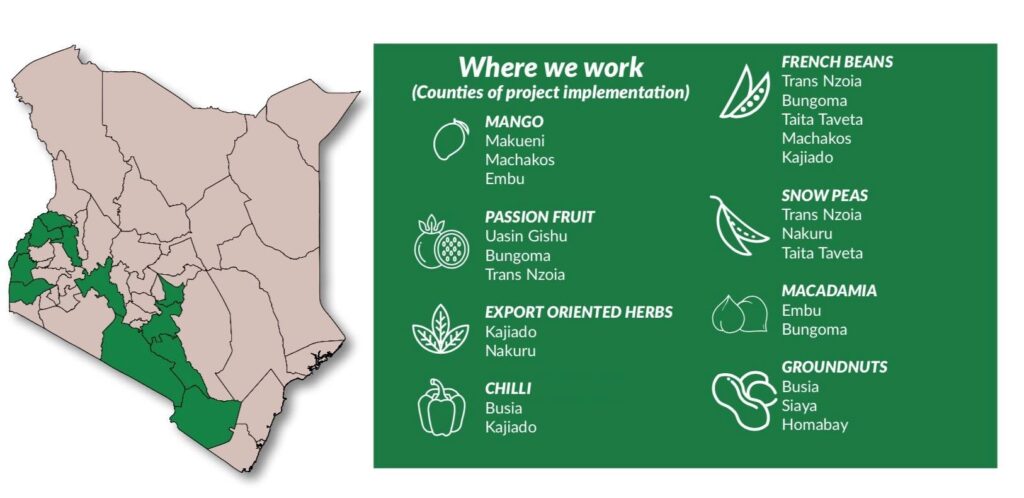About Page
- Home
- / About Page


The EU-EAC Market Access Upgrade Programme (MARKUP) is a € 35 million regional development initiative funded by the European Union (EU) as part of the 11th European Development Fund, that provides support to small and medium-sized enterprises (SMEs) in the East African Community (EAC).
It aims to increase exports of agribusiness and horticultural products and promote regional integration and access to the European market across 12 counties of implementation in Kenya.
The UNIDO component of the EAC-EU MARKUP programme is being implemented in close coordination with the Ministry of Trade and Industry of Kenya, the EU Delegation to Kenya and other implementing agencies including ITC, and GIZ.
BACKGROUND INFORMATION
The increasing globalisation of agricultural markets presents extensive opportunities for Kenya for regional and international trade.
Although, Kenya is yet to fully exploit the high-value market opportunities due to key challenges that can be categorised into two broad areas:
- >The food and agricultural commodities often do not meet international standards and other market requirements, and
- >Inadequate capacities of Kenyan regulatory institutions to provide proof of conformity to standards and other requirements for the supply of tradable goods.
MARKUP Kenya is part of the regional EAC-EU MARKUP programme an EU funded programme which aims at addressing both supply side and market access constraints supporting participation in regional and global value chains – with a particular focus on exports to the European Union.
Kenya MARKUP aims at supporting the Kenyan Government’s effort to strengthen the economy through increased agricultural production, value addition and agro-processing, as well as trade expansion.
The project aims to contribute to the economic development of Kenya by increasing the value of both extra and intra-regional agricultural exports in selected horticulture sub sectors including french beans and snow peas, mangoes, passion fruit, chilies, herbs and spices and nuts.
The project is fully integrated into the existing agricultural and trade national and regional priorities and aligned with Kenya’s strategic development of its agribusiness sector in 12 counties; using a bottom-up approach to address county specific needs. Kenya MARKUP will take a value chain approach based on the idea that many actors connected along a chain produce goods to end users through a complex and sequenced set of activities through which value is added at every step.
UNIDO’s interventions will promote competitiveness and market access of Kenya’s fruit and vegetables sub sector on the domestic and international markets.
STAKEHOLDERS
MARKUP is working with key stakeholders during the implementation period to achieve its objectives. These include but are not limited to:
Donors
• European Union – The EU has funded MARKUP project under the the 11th European Development Fund Regional Indicative Programme (RIP) of the Eastern and Southern Africa and Indian Ocean (ESA-IO) region.
• East Africa Community – The EAC has received support under the EDF 11 to bolster and enhance competitiveness of EAC exports under the EU-EAC Market Access Upgrade Programme (MARKUP). EAC seeks to enhance integration and eliminate trade barriers among the East African countries. These countries include Kenya, Uganda, Tanzania, Rwanda and Burundi.
Government Agencies
• Kenya Plant Health Inspectorate Service (KEPHIS) – Ensures the quality of agricultural inputs and produce to prevent adverse impacts on the economy, the environment, and human health.
• Kenya Bureau of Standards (KEBS) – Provides Standardization and Conformity Assessment services that consistently meet its customers ‘requirements and endeavour to exceed their expectations.
• Agriculture Food Authority (AFA) – Promotes the development and adoption of standards for labelling, packaging, grading, transporting, and storing horticultural produce in compliance with local regulations and international standards.
Private Sector
- Fresh Producers Export Association of Kenya (FPEAK) – The Fresh Produce Exporters Association of Kenya (FPEAK) is Kenya’s premier trade Association representing growers, exporters, and service providers in the horticulture industry.
- Fresh Produce Consortium of Kenya (FPC Kenya) – formerly known as Kenya Association of fruit and vegetable exporters (KEFE). FPC Kenya comprises Horticultural Exporters whose aim is to expand their businesses by mobilizing resources to address challenges and seek more markets and promote efficiency for a better business environment.
Priority areas of focus

Harmonization of EAC Standards
MARKUP supports the Kenyan Government’s efforts to harmonise and develop selected regional standards and SPS measures and align them with requirements of international markets. The EAC Secretariat is supported to oversee the implementation of standards, the alignment of the testing procedures with international benchmarks, and the implementation of the SPS protocol. Key stakeholders, such as private sector associations and national standards bodies, are engaged in the process to ensure full implementation.
Strengthening advocacy capacity for SMES
The programme supports Small and Medium Enterprises (SMEs) to reduce trade barriers, trading costs and time, and attract investment opportunities. The programme works to increase transparency on trade procedures and enhance private sector capacity to identify and advocate for the removal of trade barriers such as Non-Tariff Measures (NTMs).
Enhancing export competitiveness for SMES
Through increased awareness and compliance with destination market requirements, MARKUP supports the EAC to enhance SMEs’ export competitiveness in target value chains. This improving compliance with mandatory and voluntary standards, increasing value addition and improving access to finance.
Improving business development capacities for SMES
MARKUP works to improve the capacity of enterprise and business support organisations, creating opportunities for business development in the target value chains. Therefore, trade and investment support institutions are strengthened and enabled to develop export and investment linkages.
WHERE WE WORK

